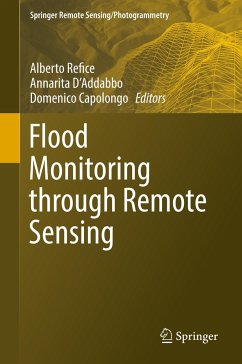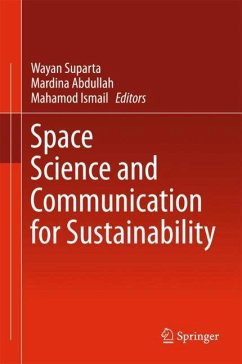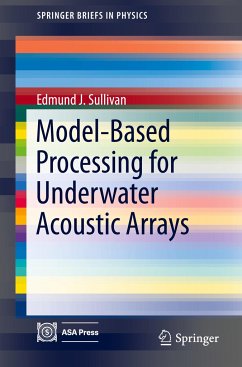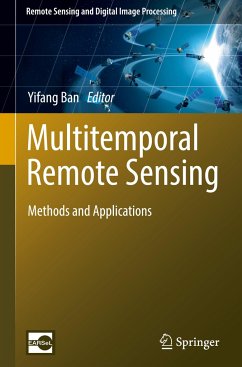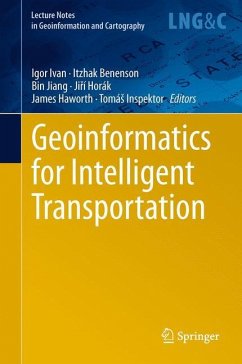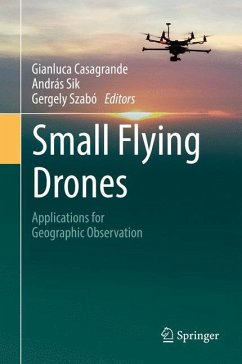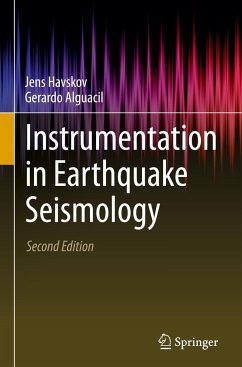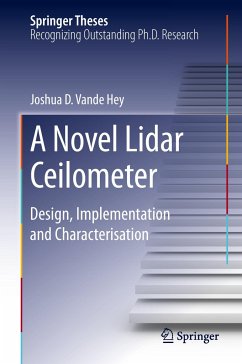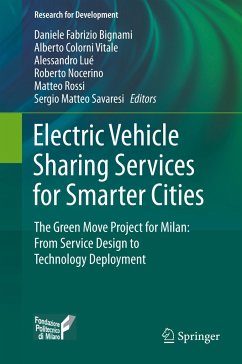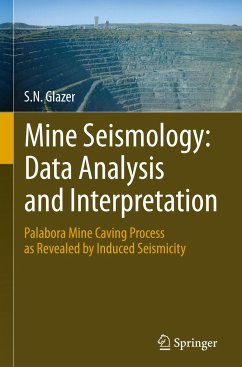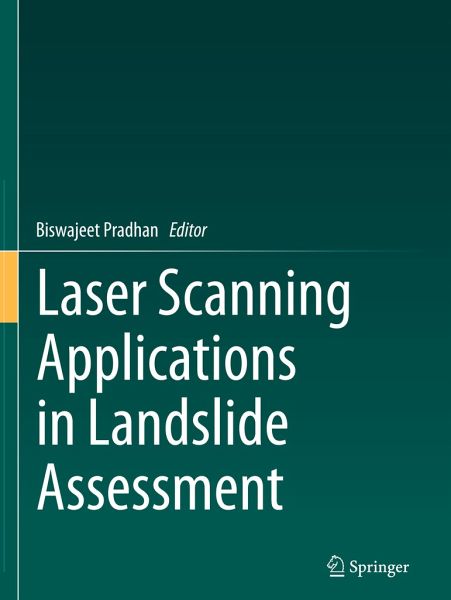
Laser Scanning Applications in Landslide Assessment

PAYBACK Punkte
58 °P sammeln!
This book is related to various applications of laser scanning in landslide assessment. Landslide detection approaches, susceptibility, hazard, vulnerability assessment and various modeling techniques are presented. Optimization of landslide conditioning parameters and use of heuristic, statistical, data mining approaches, their advantages and their relationship with landslide risk assessment are discussed in detail. The book contains scanning data in tropical forests; its indicators, assessment, modeling and implementation. Additionally, debris flow modeling and analysis including source of d...
This book is related to various applications of laser scanning in landslide assessment. Landslide detection approaches, susceptibility, hazard, vulnerability assessment and various modeling techniques are presented. Optimization of landslide conditioning parameters and use of heuristic, statistical, data mining approaches, their advantages and their relationship with landslide risk assessment are discussed in detail. The book contains scanning data in tropical forests; its indicators, assessment, modeling and implementation. Additionally, debris flow modeling and analysis including source of debris flow identification and rockfall hazard assessment are also presented.



